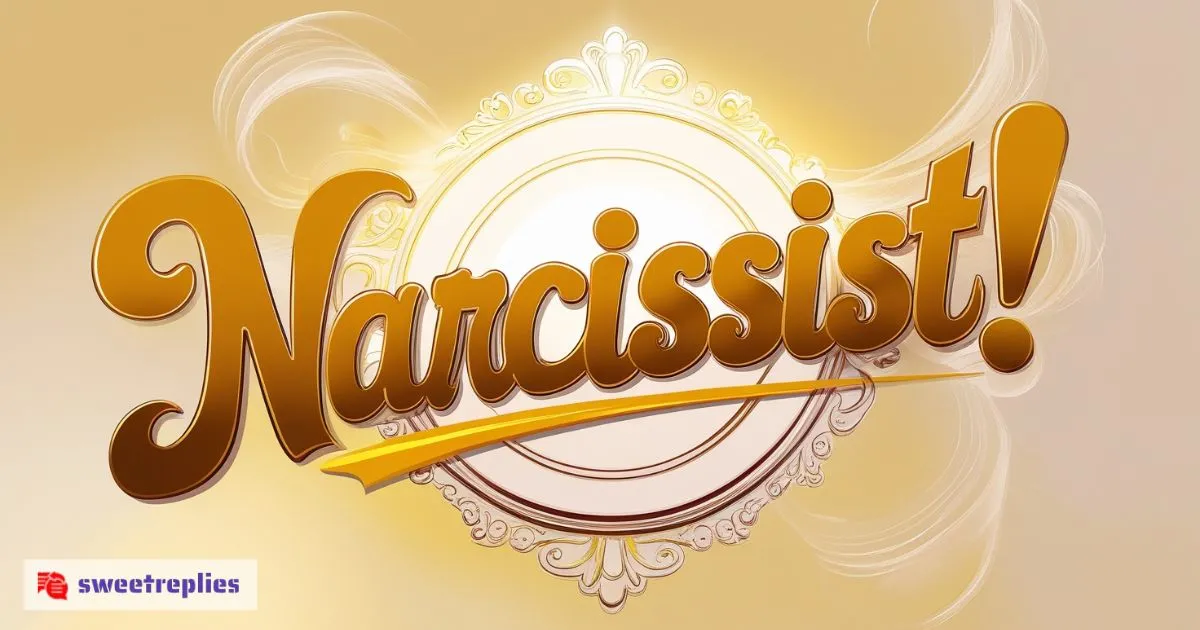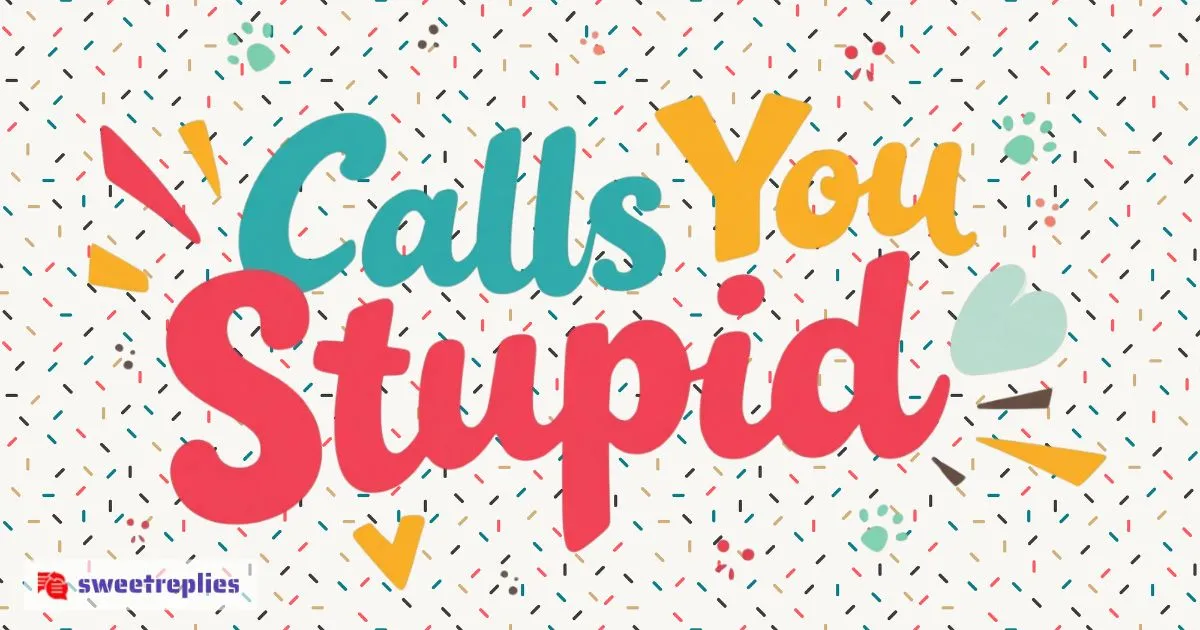Have you ever felt hurt by someone you love? Maybe there was a conflict, a mistake, or even a tough argument that left you questioning the relationship. At times like these, accepting an apology can feel like an emotional rollercoaster especially when past transgressions leave wounds that are hard to heal.
We all make mistakes, but sincere apologies are the first step towards repairing those emotional damages. When you’re the one apologizing or the one on the receiving end, navigating this delicate moment can be tough. It’s about more than just saying I’m sorry it’s about vulnerability, understanding, and growth.
In this post, we’ll dive into the psychology of accepting an apology, how to move past emotional harm, and the importance of healthy couples practicing mindful loving. We’ll explore forgiveness, emotional healing, and the effort it takes to move forward, helping you find reassurance and trust again.
Ready for a fresh start? Let’s explore how accepting an apology can lead to true personal development and deeper connections.
How to Accept an Apology? Phrases to Accept Apology with Grace
Accepting an apology with grace requires understanding and open communication. It’s important to assess the sincerity of their apology, not just through words but also body language, tone, and how well they address the heart of the issue. When you truly listen and acknowledge their remorse, it helps both of you move past the conflict, promoting growth and paving the way for a healthier relationship and eventual reconciliation.
It’s about making amends and healing together, while remembering to check in with your emotions and not simply accepting a superficial apology.
- Acknowledge their effort: Recognize their genuine desire to make things right and appreciate their willingness to move past the conflict.
- Listen actively: Practice active listening by paying attention to their tone, body language, and the words they use, showing you’re open to understanding their perspective.
- Look for sincerity: Ensure their apology feels genuine by assessing their sincerity and when it addresses the heart of the issue.
- Don’t rush forgiveness: Allow yourself to process your anger and emotions, remembering that forgiveness is a journey toward healing and reconciliation.
- Encourage growth: Use the apology as an opportunity for both of you to grow individually and strengthen your healthier relationship moving forward.
Accept an Apology via Text
- Acknowledge their effort to apologize.
- Express appreciation for their sincerity.
- Be clear about your feelings of acceptance.
- Reinforce your desire to move forward.
- Avoid holding grudges or past mistakes.
- Encourage open communication.
- Use words that promote emotional healing.
- Keep it brief but thoughtful.
- Let them know you’re willing to move on.
- Validate their vulnerability in apologizing.
- Acknowledge any hurt caused, but focus on growth.
- Show your understanding of the situation.
- Avoid any targeted attacks in your response.
- Use the apology as an opportunity for personal development.
- Mention your willingness to forgive and move forward.
- Let them know you’re making up your mind to rebuild.
- Offer reassurance that the relationship can be repaired.
- Keep your response sincere and genuine.
- Be mindful of their effort in apologizing.
- Offer emotional support as you move past the conflict.
- Stay calm and focused on resolving the issue.
- Acknowledge their guilt and give them space for change.
- Make sure your tone matches your feelings.
- Avoid emotional punishment and focus on growth.
- Embrace the opportunity for a love mulligan or fresh start.
Professional Ways to Accept an Apology

- Acknowledge the effort they made to apologize.
- Focus on professionalism in your response.
- Express appreciation for their honesty.
- Reinforce a commitment to mutual respect.
- Stay calm and avoid letting emotions overtake your response.
- Focus on conflict resolution and growth.
- Acknowledge any damage but emphasize repair.
- Avoid social rejection or punitive behavior.
- Offer constructive feedback to improve future communication.
- Be clear about your boundaries going forward.
- Validate their sincerity without being dismissive.
- Keep your tone neutral but understanding.
- Use their apology as a learning opportunity.
- Encourage future collaboration without holding onto past transgressions.
- Reinforce that mistakes can be corrected through action.
- Acknowledge their genuine effort to make amends.
- Focus on a second chance for growth.
- Avoid letting past wounds dictate your response.
- Keep the apology professional and avoid personal attacks.
- Offer support for resolving any outstanding issues.
- Reaffirm your trust and willingness to work together.
- Emphasize open communication to avoid future conflicts.
- Acknowledge the psychology behind their apology.
- Give them a chance to show effort through actions.
- Ensure that your response helps move forward professionally.
Also Read Sweet and Witty Replies When Someone Calls You Pretty
Funny Ways to Accept an Apology
- Well, you’ve got me now. Just don’t mess it up again!
- I guess I’ll forgive you… but only if you bring me coffee.
- You’re lucky I’m a good friend, or I’d make you do a dance for forgiveness.
- I accept your apology. But the guilt better be gone for good!
- I’m not saying I’ve forgotten, but I’ll pretend for the sake of peace.
- Fine, you’re forgiven… but I’m still watching you closely!
- If I had a dollar for every time I had to forgive you, I’d be rich by now.
- Your apology is accepted, but you still owe me ice cream.
- I’ll forgive you this time, but next time, make a pizza first.
- Apology accepted. But if you do it again, I’m signing you up for anger management.
- I’ll forgive you, but only if you promise never to bring up this incident again.
- You’re lucky I’m in a good mood today… so you’re forgiven.
- Apology accepted. Now let’s get on with the jokes!
- I was going to stay mad, but then I remembered how much I love you.
- I forgive you… but I still expect a gift.
- I’ll forgive you, but only because you were cute while apologizing.
- Okay, I accept… but just know, I’m still thinking about it.
- You apologize like a pro. Well, I guess I’ll let it slide.
- If I forgive you now, will you promise to never leave dirty dishes again?
- Apology accepted, but you owe me dinner next time!
- I forgive you now, go do something nice for me.
- Let’s call it a do-over, but this better be the last one!
- Fine, you’re forgiven. Just don’t ever do that again!
- I’ll forgive you, but it’s only because I’m tired of being mad.
- You’re forgiven, but only if you don’t repeat this mistake!
Best Responses to Not Accept Apologies

- I hear your apology, but I just can’t get past it right now.
- I appreciate your apology, but trust has been broken, and that takes time.
- This isn’t something I’m ready to forgive yet.
- I’m still hurt, and I don’t think I can move forward just yet.
- I need some time to process this before I can accept your apology.
- I hear you, but your actions don’t align with the apology.
- I understand you’re sorry, but apologies alone don’t fix things.
- I don’t think I can just move on from this as easily as you think.
- Your apology doesn’t change the damage that was done.
- I appreciate you trying, but I need more than just words to heal.
- I need to feel like I can trust you again before accepting this.
- I’m not sure this is something I can just forgive.
- While I appreciate the effort, it’s not enough to fix things for me.
- I understand your apology, but I’m not ready to let go just yet.
- Your apology is acknowledged, but it doesn’t change how hurt I feel.
- I’m not ready to move past this, but I thank you for your apology.
- It’s going to take more than words to repair what’s been broken.
- I can’t just accept this apology without seeing a real change.
- I’m still processing, and I need more time to figure out how I feel.
- I hear your apology, but I don’t think I can just act like nothing happened.
- Your apology doesn’t make up for what happened, and I need space.
- I don’t think I can forgive you right now, but that doesn’t mean I’ll never.
- I need to be sure this won’t happen again before I can forgive.
- I can’t move past this yet, but I appreciate you acknowledging it.
- Right now, I’m not in the place to accept your apology, but I’ll let you know when I am.
Final Words
Accepting an apology with grace is a powerful way to mend relationships and move forward. It requires empathy, patience, and clear communication. When it’s through a heartfelt acknowledgment or a thoughtful response, accepting an apology shows understanding and a willingness to grow together.
It’s not always easy, but practicing forgiveness can lead to deeper connections and emotional healing. By embracing sincerity and offering the second chance needed for someone to make amends, we encourage stronger bonds. In the end, accepting apologies with grace fosters healthy relationships, allowing for growth, learning, and mutual respect.
Key Insight
- What is the best way to accept an apology with grace? The best way is to acknowledge the apology sincerely, express understanding, and show that you’re open to moving forward without holding grudges.
- Should I always accept an apology? No, sometimes you may need more time or need to see actions to truly forgive. It depends on the situation and how hurt you feel.
- How can I accept an apology without appearing insincere? Focus on genuine words and actions, making sure your response aligns with how you truly feel. Sincerity is key to showing you accept the apology.
- Can accepting an apology improve a relationship? Yes, accepting an apology allows for healing and helps rebuild trust, leading to stronger and more intimate relationships.
- Is it okay to accept an apology but still feel hurt? Yes, accepting an apology doesn’t mean the hurt is gone. It’s a step toward emotional healing, but it’s okay to need time to fully heal.

I’m Liam Quill, the writer behind SweetReplies.com, where words come with meaning, heart, and a little charm. I specialize in crafting the perfect replies whether it’s a sweet thank-you message, a thoughtful wish, or a clever response that leaves an impression. With every line I write, my goal is simple: to help you express yourself in a way that feels just right. Because the right words? They make all the difference.




